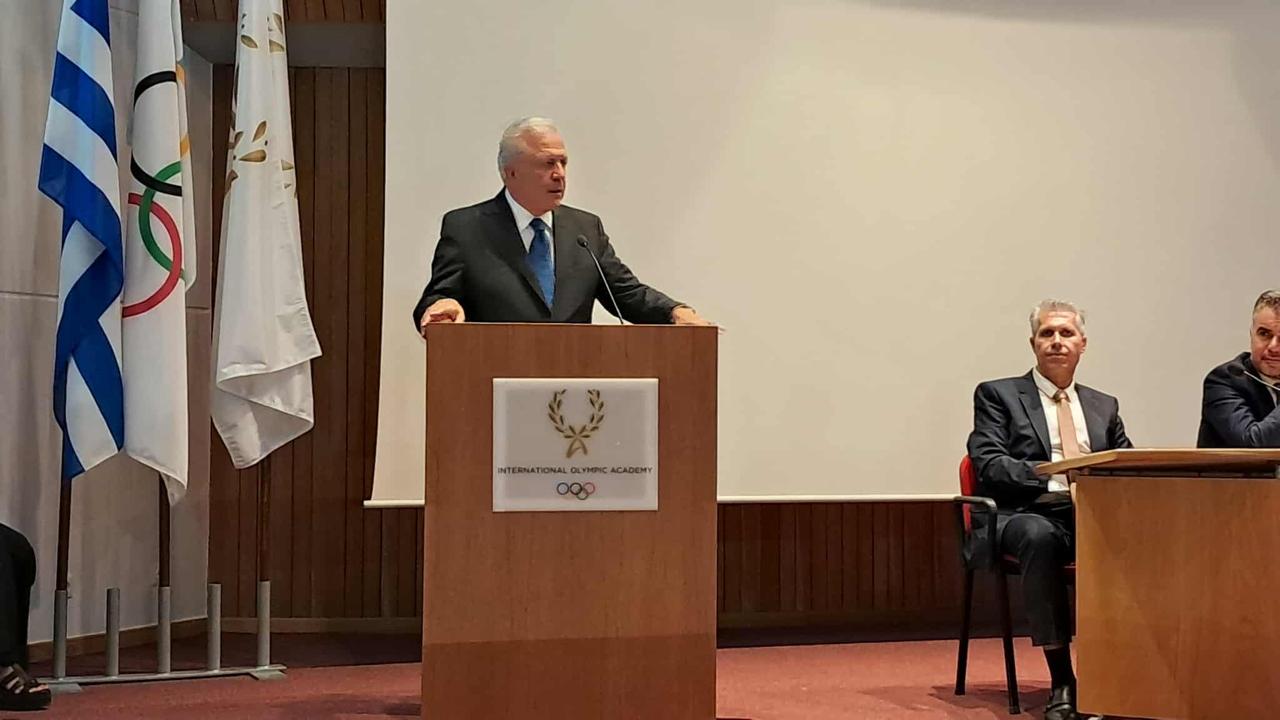
Ladies and gentlemen,
It is a great pleasure and honor for me that, after thirty whole years, the Plenary of the Bar Associations returns to Ilia, to Pyrgos and to Ancient Olympia.
The choice of this place—a cradle of values and a site of universal symbolism—reminds us that Justice is not only an institution, but the very foundation of democracy itself.
Among the current issues that concern the legal profession and demand an immediate, institutional, and collective response is the independence of the judiciary.
And this is not an abstract notion; it is a daily reality that shapes citizens’ lives, their trust in the State, and the quality of our democratic system.
Greece has made progress, yet it still faces serious challenges. Delays in the administration of justice, the backlog of cases awaiting trial, legislative overproduction, and frequent, ineffective reforms create an image that undermines public trust.
Even more worrying is the perception that justice can be subjected to political or economic pressures.
We must be frank: we have excellent judicial officers, the majority of whom serve with dedication and integrity. But our history shows that there have also been rogue elements. Just as the political system bears great responsibility, so too does the judiciary itself: to promptly isolate those who do not honor its office.
Only in this way will society regain its trust, and honest judges feel that their standing is protected. The judicial branch, unlike the legislative branch, is not defined politically.
It issues decisions in the name of the Greek people and rests on the judge’s conscience. This relationship is destroyed when a judge seeks the favor of the political power in exchange for some benefit.
Thus a dangerous dependency is created, one that undermines institutional balance. The experience of recent decades shows that the involvement of the executive branch in selecting and promoting the highest judges often casts shadows.
When evaluations depend on political alignments, independence is harmed and citizens’ trust is shaken. That is why, in the next revision of the Constitution, we must establish a new, cleaner framework:
Career progression for judicial officers should be determined by the judgment of the judiciary’s own leadership, through transparent and merit-based procedures. The leadership of the judiciary should be appointed by the President of the Republic. With supra-partisan prestige, the office of the President must return to its original role as guarantor of institutional balance.
Such a reform would strengthen judicial independence, shield judges from political pressure, and reinforce citizens’ confidence that decisions are issued solely on the basis of the law and the judge’s conscience.
Judicial independence is not a luxury. It is the precondition of equality before the law, the foundation of social peace, and the measure by which the quality of democracy is judged. For if citizens believe that justice is not impartial, the very basis of the rule of law is shaken. The Greek case shows that declarations are not enough.
What is needed is practical reinforcement: better training and support for judicial officers, digitization and acceleration of procedures, and, above all, institutional safeguards against all forms of external interference. The judge must feel that he or she decides guided only by the Constitution, the law, and personal conscience.
Justice is the citizen’s last refuge. It is the mirror of society and the support of democracy. And in the country that gave birth to democracy and inspired the very concept of law, we have a responsibility to prove that we can renew citizens’ trust in the institutions.
The Plenary taking place here today, in Olympia, therefore carries particular weight. The decisions and positions articulated can help make justice in Greece truly independent, effective, and modern.
This is the most important message we can send from this sacred place: a message of responsibility and hope—to Greek society, and to Europe.
Thank you.
